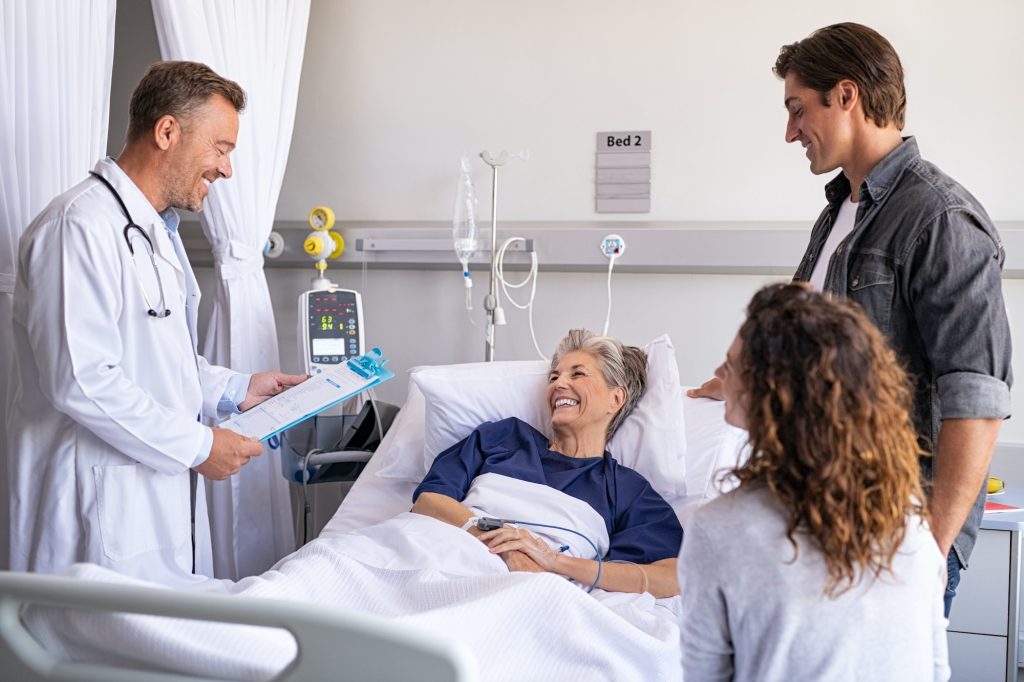
Emergency preparedness is an essential aspect of healthcare, and educating patients and their families on this topic is crucial. In the event of a natural disaster or emergency, it is important for patients to know how to protect themselves and their loved ones. Healthcare providers have a responsibility to educate patients on emergency preparedness, including creating plans for emergencies, stocking up on supplies, and knowing what to do in case of an emergency.
One of the most important aspects of emergency preparedness is creating a plan. Patients should be encouraged to create a family emergency plan that includes contact information for all family members, evacuation routes, and meeting places. This plan should be reviewed regularly with all family members so that everyone knows what to do in case of an emergency.
Another critical component of emergency preparedness is stocking up on supplies. Patients should be advised to keep at least three days’ worth of food, water, medication, and other essentials on hand in case they are unable to leave their homes due to an emergency. It is also important for patients with chronic medical conditions or disabilities to have extra medication or medical supplies readily available.
In addition to creating a plan and stocking up on supplies, patients should be educated on what actions they can take during an emergency. For example, they should know when it is safe to evacuate their home or shelter in place. They should also know how to turn off utilities such as gas and electricity if necessary.
Healthcare providers can play a significant role in educating patients about emergency preparedness by providing resources such as brochures or online materials that outline these steps. Providers can also use patient visits as opportunities to discuss these topics with patients directly.
In conclusion, educating patients and families on emergency preparedness is critical for ensuring their safety during natural disasters or other emergencies. By creating plans for emergencies, stocking up on supplies, and knowing what actions they can take during an emergency situation; individuals can better protect themselves from harm’s way. Healthcare providers have a responsibility to educate patients on these topics and provide resources to help them prepare for emergencies. By working together, we can ensure that patients and their families are better prepared for any emergency that may arise.
